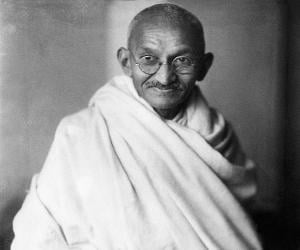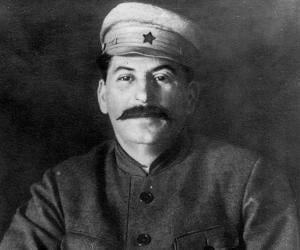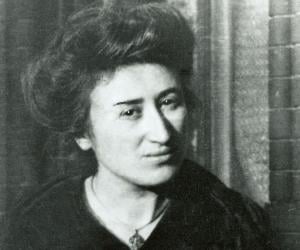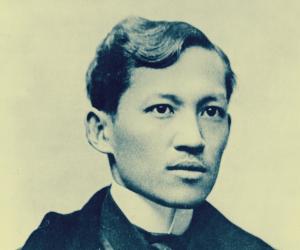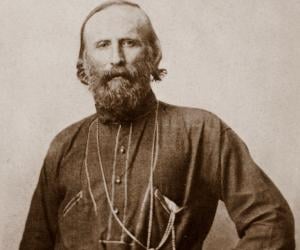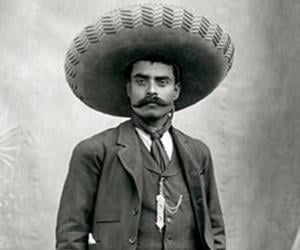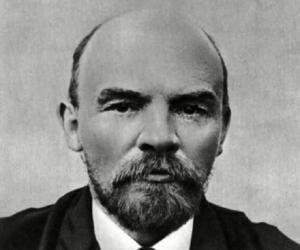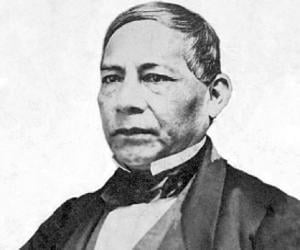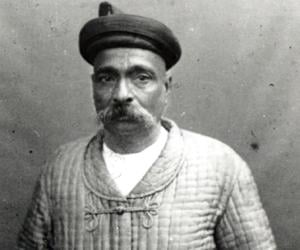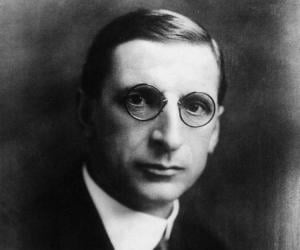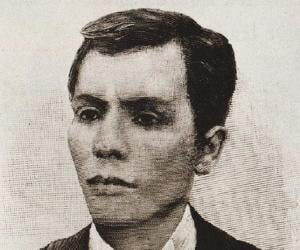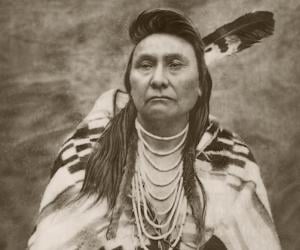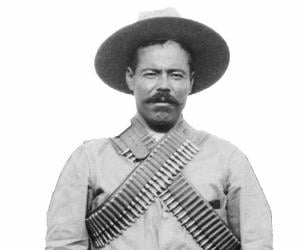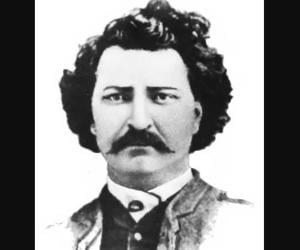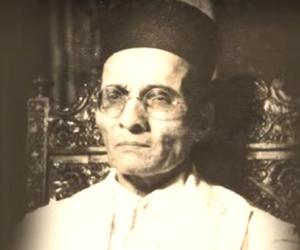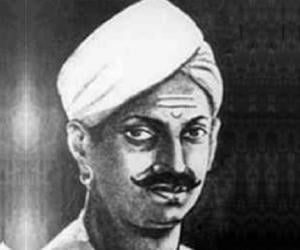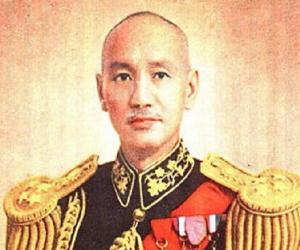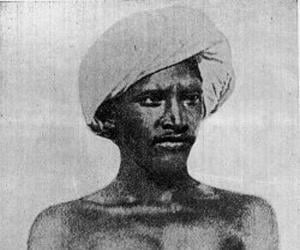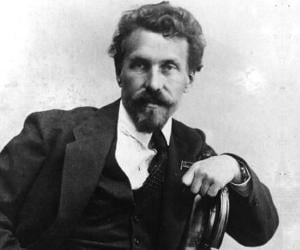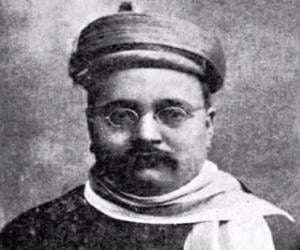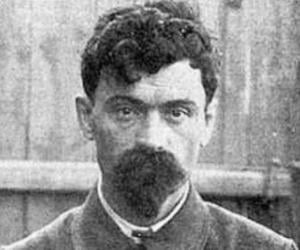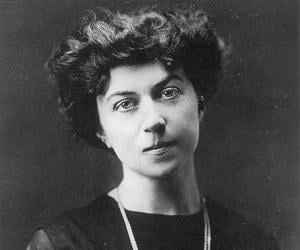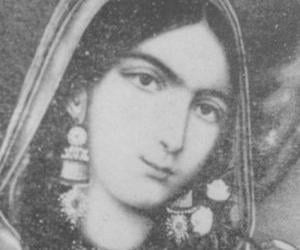An Indian lawyer and anti-colonial nationalist, Mahatma Gandhi was a major figure in India’s fight for independence from British rule. He is renowned for his employment of non-violent resistance and civil disobedience methods. Despite his popularity, he had numerous detractors as well and was assassinated in 1948. He is widely considered the Father of the Nation in India.
Controversial Russian dictator, Joseph Stalin, ruled the Soviet Union for around 25 years from 1929 to 1953 and is credited for making it a prominent industrial and military power of the world. During the Second World War, his army defeated the Nazis too. However, his regime was also one of terror and brutality where numerous Soviet citizens lost their lives.
Jose Rizal was a Filipino polymath and nationalist. An ophthalmologist by profession, Rizal turned towards writing and inspired the Philippine Revolution through his writings. The revolution eventually led to Philippine independence and Rizal became a national hero. His life has inspired several biographical films and TV series.
Italian general, patriot, and republican Giuseppe Garibaldi is remembered for the role he played in the Italian unification and the creation of the Kingdom of Italy. He is considered one of Italy's "fathers of the fatherland." A highly proficient military general, he also led the Expedition of the Thousand on behalf of Victor Emmanuel II. He died in 1882.
Vladimir Lenin played a key role in the history of Russian politics by developing a political ideology called Leninism. During and after his lifetime, Lenin had a massive influence over international communist movement. He is widely regarded as one of the most influential and significant personalities of the 20th century.
Benito Juarez was a Mexican lawyer and politician. He served as the 26th president of Mexico from 1858 to 1872, becoming the first president of Mexico who was of indigenous origin. He died of a heart attack in 1872. To date, he is revered as "a preeminent symbol of Mexican nationalism and resistance to foreign intervention."
Irish statesman Éamon de Valera served as the 3rd President of Ireland from 1959 to 1973. An influential political leader in 20th-century Ireland, he played a key role in introducing the Constitution of Ireland. Prior to becoming the president, he served as Taoiseach on three different occasions. He was an austere, stern, and unbending figure.
Chief Joseph, a leader of the Nez Percé tribe of Native Americans, had initially agreed to the U.S. demand of them moving into a reservation in Idaho. However, fearing retaliation after his men killed a few whites, he attempted an escape to Canada, leading his people through an arduous trek.
Louis Riel was a Canadian politician. He is credited with founding the province of Manitoba. He holds a significant place in the history of the Métis people as he served as their political leader in pre-Manitoba Northwest Territories. Louis Riel is regarded as a folk hero by the Métis and other Canadian minorities for his efforts to defend their rights.
Vinayak Damodar Savarkar was an Indian politician and independence activist. He formulated the Hindu nationalist philosophy of Hindutva and was a leading figure in the Hindu Mahasabha. He was known for his strong oratory skills and was an eloquent writer. He was initially charged as a co-conspirator in the assassination of Mahatma Gandhi but was later acquitted.
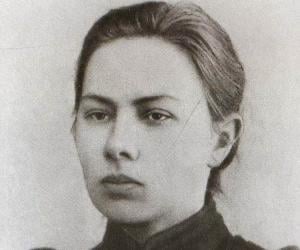
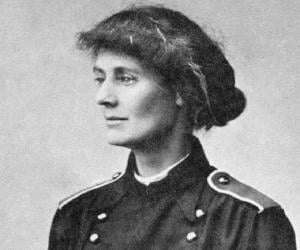
Irish revolutionary political leader and suffragist Constance Markievicz scripted history by becoming the first woman to be elected as a cabinet minister in Europe and also the first female to be elected to the British Parliament. Sentenced to death for her role in the Easter Rising, she was later granted amnesty.
Chiang Kai-shek was a Chinese revolutionary who led the Republic of China between 1928 and 1975, first in mainland China until 1949 and later on in Taiwan until his death. He is credited with successfully leading the Northern Expedition against the Beiyang government, achieving Chinese unification. He was involved in a civil war with Communist Party of China, which he lost in 1949 and retreated to Taiwan.
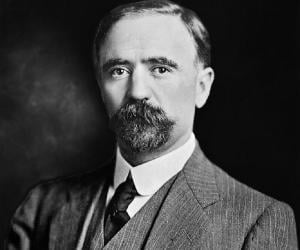
Apart from being the president of Mexico, Francisco I. Madero was also a social reformist. Born into an affluent landowning family, Madero grew up to challenge the dictatorship of Porfirio Díaz and was one of the initiators of the Mexican Revolution. He was assassinated in a right-wing coup.
In spite of his short life, which ended at age 24, Birsa Munda is remembered for spearheading the tribal movement against the British. He also made the British introduce new laws for the protection of the tribal land rights. He died in prison while undergoing trials.
Alexei Rykov was a Russian Bolshevik revolutionary and a Soviet politician. He served as the Premier of Russia and the Soviet Union in the 1920s. A key player in the 1905 Russian Revolution, he often came into political conflict with Vladimir Lenin. He oversaw the implementation of the "War Communism" economic policy during the Russian Civil War.

The 1st prime minister of the Philippines, Apolinario Mabini led the Philippine Revolution and helped in drafting the Malolos Constitution. Born into a family of illiterate peasants, he became a lawyer, before joining the forces of revolutionary Emilio Aguinaldo. He spent most of his later years in exile, targeted by the US.
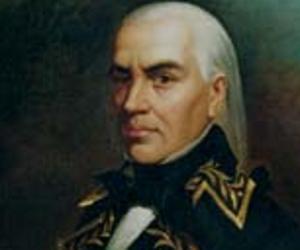
Francisco de Miranda was a Venezuelan revolutionary and military leader. He is considered a predecessor of Simón Bolívar, who liberated much of South America during the Spanish American wars of independence. Miranda is best remembered for his role in three major political movements of his time: the French Revolution, the American Revolutionary War, and the Spanish American Wars of Independence.
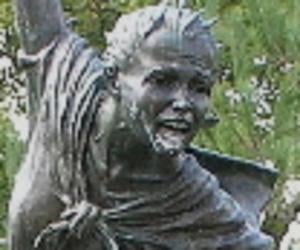
Born to a militia officer, Sybil Ludington later made history with her fearless resistance to the British during the American Revolutionary War. Most of her statues today find her perched on a horse, in a tribute to her night-long horseback ride to inform American soldiers of an impending British attack.
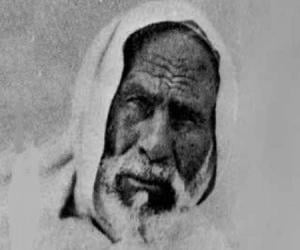
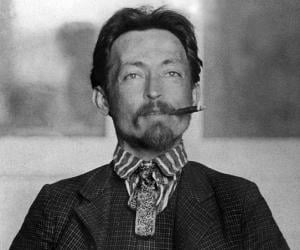
Bolshevik revolutionary Felix Edmundovich Dzerzhinsky, also known as Iron Felix, was born into a Polish noble family. Though Lenin considered him a hero, he often disagreed with Lenin’s views. He had been the director of Cheka. He died of a heart attack after finishing a 2-hour speech.
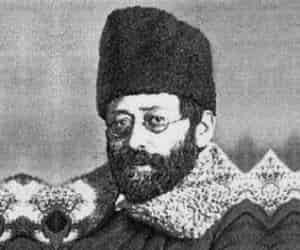
Russian revolutionary and politician Julius Martov was a prominent leader of the Mensheviks. A close associate of Vladimir Lenin since his initial political career, he later clashed with Lenin’s ideology of limiting party membership to an exclusive group. He spent his finals years in Berlin as an editor of Socialist Courier.
Yakov Yurovsky was a Russian Old Bolshevik. Also a Soviet Revolutionary, he acted as the chief executioner of Emperor Nicholas II of Russia and his family on the night of 17 July 1918. A watchmaker by trade, he was a Chekist for a short time. In his later life, he allegedly expressed remorse over his role in the executions.
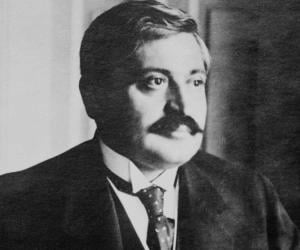
Turkish politician Talaat Pasha, who chaired the Union and Progress Party during its one-party dictatorship, later became the Grand Vizier, or prime minister, of Turkey. He had also been Turkey’s minister of the interior and finance. A convicted war criminal, he was assassinated by an Armenian in Germany, where he had escaped.
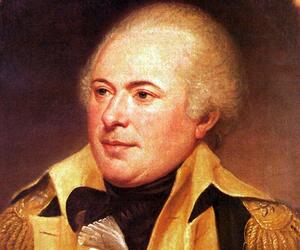
James Wilkinson served the Continental Army during the American Revolutionary War and also revealed Aaron Burr’s conspiracy to the U.S. government. While he worked against the Spanish people as part of the U.S. army, he was later revealed to be a Spanish spy, also known as Number Thirteen.
Alexandra Kollontai was a Russian revolutionary, politician, and diplomat. She served as the People's Commissar for Welfare in Lenin’s government. A powerful figure, she became the first woman in history to become an official member of a governing cabinet. She was also one of the few women to play a prominent role during the Russian Revolution.
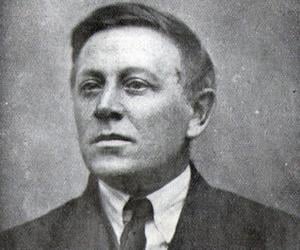
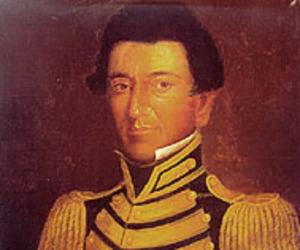
Tejano revolutionary Juan Seguín was a significant part of the revolution for the independence of Texas. The son of one of the drafters of the Mexican constitution, he grew up to become the mayor of San Antonio and also led the Republic of Texas as an elected senator.
Also known as Begum of Awadh, Begum Hazrat Mahal was the second wife of Nawab Wajid Ali Shah. She is remembered for rebelling against the British East India Company during the Indian Rebellion of 1857. Following her husband’s exile, she took over affairs in the state of Awadh. However, she was forced by the British to abandon Awadh.
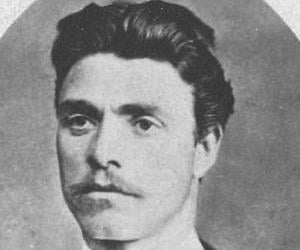
Vasil Levski was a Bulgarian revolutionary who is considered a national hero in Bulgaria. Nicknamed the Apostle of Freedom, Vasil Levski strategized a revolutionary movement to free Bulgaria from the Ottoman rule. In a nationwide television poll conducted in 2007, Levski was voted as the greatest Bulgarian of all time.
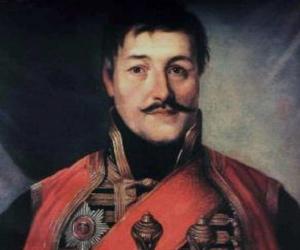
Karađorđe was a Serbian revolutionary and freedom fighter. An important figure during the First Serbian Uprising, Karađorđe is best remembered for leading Serbia's fight for independence from the Ottoman Empire in the early 1800s. He is also credited with founding the Karađorđević dynasty.
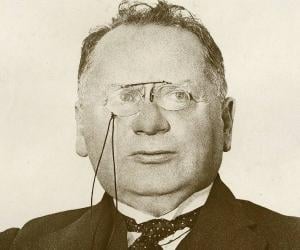
Soviet diplomat Maksim Litvinov believed in disarmament and was behind the adoption of the Kellogg–Briand Pact and the Litvinov Protocol. He had also been the Soviet Ambassador to the US and later served as the deputy commissar for foreign affairs. He was the grandfather of Russian-American author Pavel Litvinov.
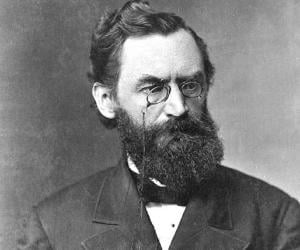
Carl Schurz was a German-born American statesman, reformer, and journalist. After immigrating to the USA during the German revolutions of 1848–49, Schurz became an important member of the Republican Party. He also helped found the Liberal Republican Party which was organized to oppose the reelection of Ulysses S. Grant.
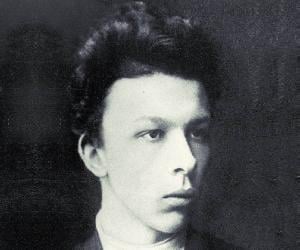
Russian revolutionary Aleksandr Ulyanov was the elder brother of Vladimir Lenin, who founded the Soviet Union. Though initially not interested in politics, he later became involved in St. Petersburg student politics and was part of a plot to kill Alexander III. He was hanged along with four of his comrades.
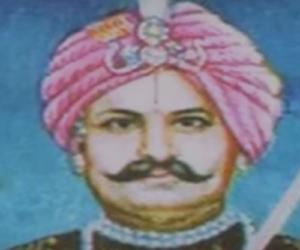
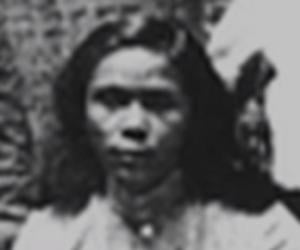
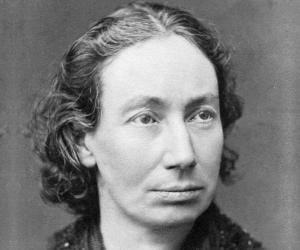
A significant figure of the Paris Commune, Louise Michel was born as an illegitimate child of a maid. She had initially been trained to be a teacher but later began developing an interest in revolutionary socialist ideas. She was also once sent behind bars for inciting riots.
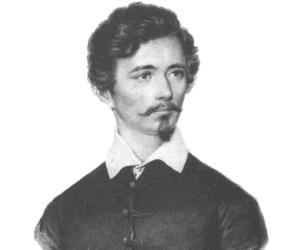
Hungarian poet and revolutionary Sándor Petőfi is remembered as one of the pillars of the 1848 Hungarian Revolution, and his song Talpra Magyar became an anthem of the revolution. While he was initially part of the army, ill health got him dismissed soon. He also penned the epic fairy tale János vitéz.
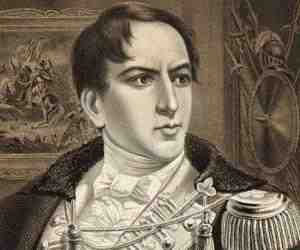
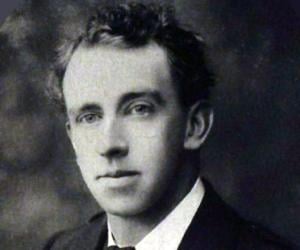
Born to schoolteacher parents, Thomas MacDonagh initially aspired to be a missionary. However, he later taught English and French, and then focused on writing. The author of plays such as When the Dawn Is Come, MacDonagh later joined the Irish Volunteers and led the Easter Rising before being executed by shooting.

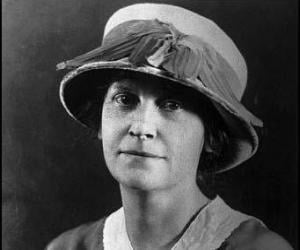
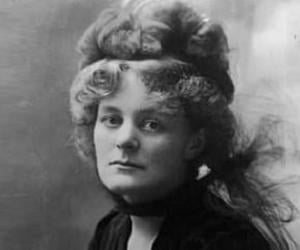
Maud Gonne not just co-founded the Sinn Féin party but also participated in the theater movement of W.B Yeats, who made her his muse and proposed to her many times, only to be rejected. An Irish nationalist, she also formed the Daughters of Ireland and acted in Yeats’s first play Cathleen ni Houlihan.
